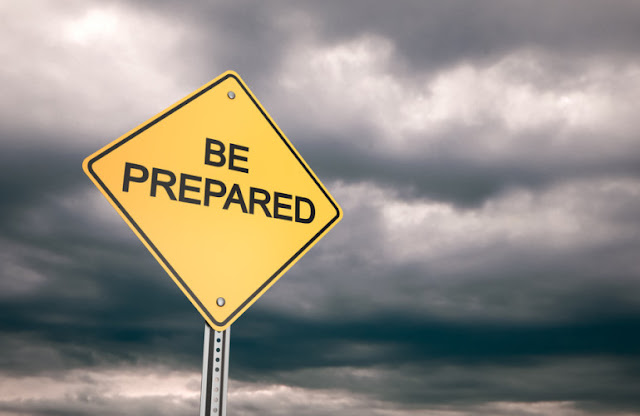How to Prepare for a Wildfire
 |
| Source: Iain the Indie |
Living in a location where droughts and dry land are common, it is important to stay prepared at all times for the possibility of a wildfire. Wildfires can start in remote wilderness, national parks, or even in your backyard. Especially in places where land is dry and water is scarce, wildfires are an awful surprise due to natural causes like lightening or unnatural causes from humans.
Here are some examples of ways to stay prepared in the case of a wildfire near your home:
- Stay informed: Knowing the current weather conditions and events that could result in wildfires is a good way to be prepared for disaster. Tune into your local news station for the weather forecast. Some locations have text or call alert systems to help those in the community to stay on top of possible dangers.
- Plan evacuation: This step is important for nearly every natural disaster, not just fires. If it comes to the point of evacuation, it is best to have a plan to follow. Plan your route of evacuation. Make sure to have multiple routes in mind because some roads could be blocked if there were a fire. Prepare your transportation so it could leave at the minute of disaster. For example, keep your car fueled and in good condition, as well as packed with a change of clothes and water. If relocation is necessary, plan ahead of time with a family or friends.
- Practice: Practice is important in securing that everything goes as planned. This includes practicing communication with your family members, fire safety, such as knowing how to use an extinguisher, first aid, and understanding how to respond in an urgent situation.
- Store: Store your items for emergencies in a place where they would be easily and quickly accessible. Most emergency prevention websites follow the five P's when it comes to understand what to prepare: People (this includes animals or livestock), prescriptions (medications, medical equipment, eyeglasses, batteries), Papers (important documents both hard copies and virtual), Personal Needs (clothes, food, water, first aid kits, etc), Priceless Items (pictures or other valuables). If your home is damaged or destroyed, make sure you secure the documents you will need for recovery.
- Protect: Protecting your property before a wildfire hits could save your home, even if you had to evacuate. For example, when an especially dry season is among you, it is recommended to make sure the land around your home is watered well. The National Fire Protective Association recommends defensible space of up to 200 feet from a structure.
- Discuss: Tell others what you have done to better prepare yourself if a wildfire is near your home. This information can save many homes and lives if shared and could create an overall safer community. This can go further into the community and raise more awareness behind the important of being prepared.
By Samantha Lydick


Comments
Post a Comment